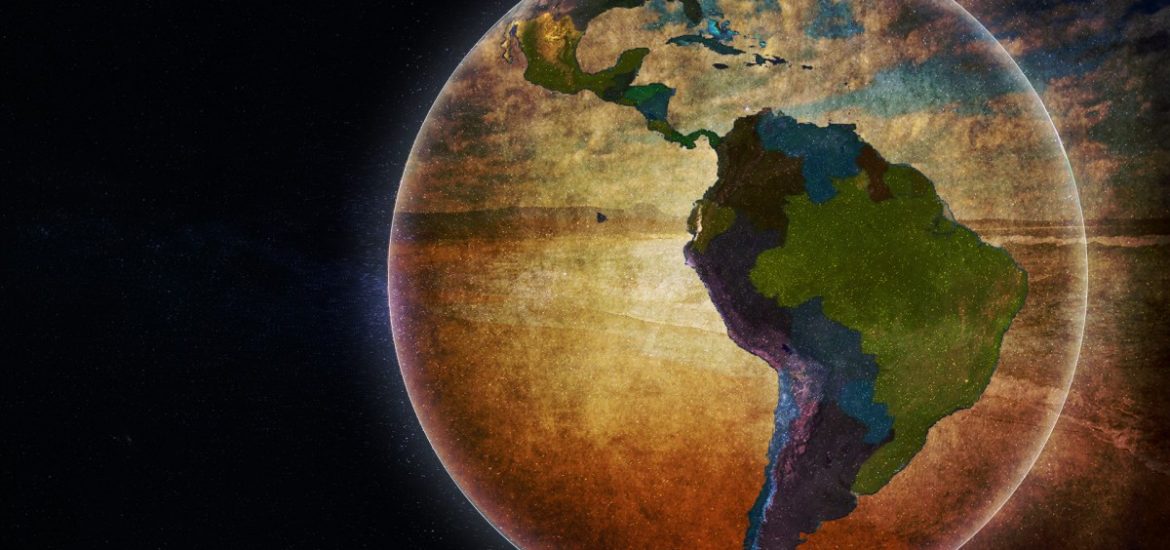BDE’s special issue on women, Mujeres y budismo en los países de habla hispana, is a unique project. Since it tells the story of Buddhist women in Spanish-speaking countries, it highlights problems specific to these women that might have been overlooked in English-language media. In Anglophone Buddhist feminist circles, including the broader Sakyadhita community, discourse is dominated by placing women into positions of leadership, the ordination of nuns in Theravada, and coming to terms with alleged sexual abuse by Buddhist teachers in various communities in the West.
These are all worthwhile and urgent causes. However, women in most Latin American countries do not share these concerns because they are problems arising from established, extant communities. These problems in the Global North, though they are serious, arise from a position of relative “privilege,” borne of communities that are at least in the position to discuss these matters of leadership and justice. But such aspirations become somewhat hollow if there is no community to begin with.
Across South and Central America, Buddhist women face developing their faith alone and in isolation. Without any support of a local sangha, women do not have a local sangha to interact with or participate in, let alone teach. There have even been cases of Buddhist female teachers travelling to a neighboring country to build a sangha because of a lack of support and contacts in their own. One example of geographical and community isolation is Maestra Ani Manuela, who shares her story in this extensive feature on BDE by María Elvira Ríos. In many ways, she represents a growing portion of South American women as a whole, but specifically in her home country of Chile, she remains an outlier. Included among these outliers are American-born Buddhist leaders that have decided to fulfil their Dharma vocation outside of the US. New York-born Venerable Damchö is an exemplary figure that has dedicated herself to fulfilling the Buddhist sasana in Spanish. BDE’s regular contributor and columnist Belén Azarola interviewed her in his article, Venerable Damchö, fundadora de la Comunidad Dharmadatta.
Another American figure would be Lama Karma Chotso, who was also interviewed by Belén Azarola in the article, Lama Karma Chotso, directora del Kagyu Tardyei Chöling. Born in Florida and a teacher in Miami, she travels regularly to Lima, and is one of the only senior teachers in Peru’s capital. Luckily, there is one more here, Argentinian-born Jisen Oshiro Roshi (Aurora). She is director of the Soto de Lima Zen community and abbess of the Taiheizan Jion-ji temple, the oldest Japanese temple in South America (it was founded in 1907), in the coastal province of Cañete. BDE has published a one-of-its-kind interview with this nikkei burajiru-jin, in Entrevista a la venerable Jisen Oshiro Roshi: «El zen es realmente una práctica de 24 horas, es la vida».
Montse Castellà Olivé, founding president of Sakyadhita Spain, is mindful of why there is a “Sakyadhita Spain” and no “Sakyadhita Peru” or “Sakyadhita Uruguay.” It would be simply unfeasible to found a community of (currently) so few female members and supporters. Furthermore, Spanish Buddhism, while still lacking Buddhist resources relative to places like the US or Germany, is still better established than the Buddhism in most Latin American countries, with perhaps the exception of Brazil. Therefore, Hispanophone Buddhism is in a unique position with unique opportunities: to unite, in solidarity, the interests of a Buddhism of the Global North with those of the Buddhist Global South.
Montse has identified a degree of myopia about the situation of Buddhists in South and Central America. It is therefore the task of Sakyadhita Spain, and eventually of all women’s Buddhist organizations and Buddhist institutions in general, to cultivate empathy for the present problems faced by women in Latin America. Only through understanding local problems can appropriately local solutions be tailored and applied. Only then will the Buddhist diffusion in Central and South America be truly authentic.


